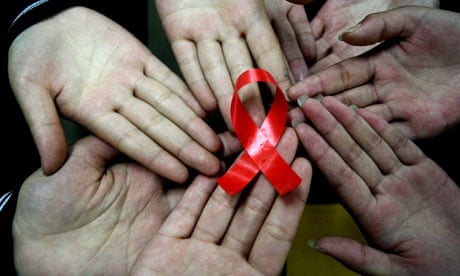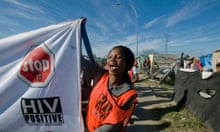Thirty years after the first documented case of HIV, and 10 years after the UN general assembly made its declaration of commitment to combat the virus in 2001, what progress has there been in increasing prevention, tackling stigma and developing treatments?
Have attitudes changed? Or treatments, approaches or diagnosis improved? Is there adequate funding to pay for drugs and raising awareness? And how many countries are on track to meet millennium development goal number six - to halt and begin to reverse the spread of HIV and Aids by 2015?
A report last week from the World Health Organisation (WHO) indicates the world is making progress. Some 6.6 million people living with HIV in developing countries are now on drugs to keep them well and stop them developing Aids - an increase of 1.4 million from 2010 - and overall there's been a 16-fold increase in the numbers on antiretroviral treatment between 2003 and 2010. In an article on the WHO report, Sarah Boseley wrote: "There are now 33.3 million people globally living with HIV, which was once a death sentence. The roll-out of drugs across the developing world, subsidised by the donors of richer countries, is saving millions of lives."
However, there is still a major shortfall in drug availability in low and middle income countries, with only around one third of those who need drugs (around 9 million) on them, and infections are still on the rise - 2.6m new infections last year.
On Wednesday, the UN general assembly begins a three-day high-level meeting in New York to review progress and chart the future course of the global Aids response. To mark this event, we've heard from those on the frontline of the virus - doctors, nurses, activists, community workers and those living with HIV and Aids in Africa, Asia, Latin America and central Europe.
Tell us what you think. And as always, if you'd rather remain anonymous email us at development@theguardian.com and we'll post your comment for you.



Comments (…)
Sign in or create your Guardian account to join the discussion